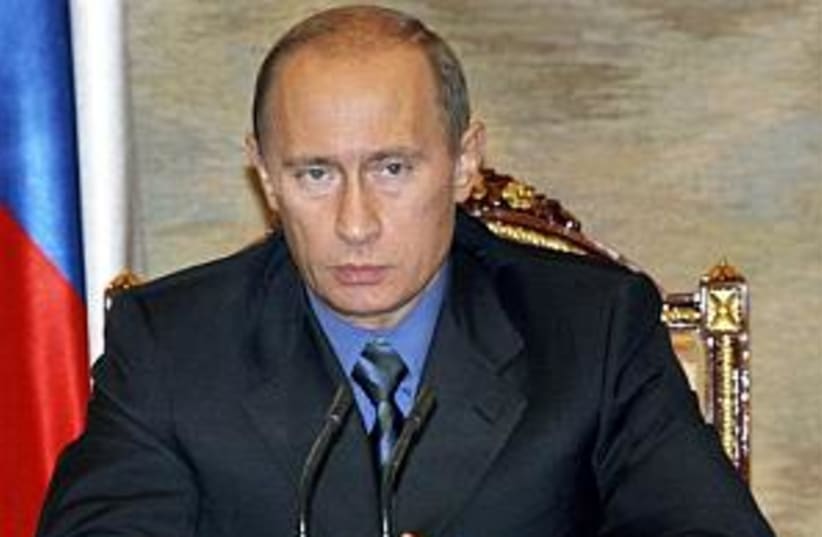| THE IRANIAN THREAT | |
| JPost.com special: news, opinion, blogs and more |
Putin, Larijani conclude round of talks
Meeting was a serious effort by Kremlin to freeze Iran's enrichment program.


| THE IRANIAN THREAT | |
| JPost.com special: news, opinion, blogs and more |